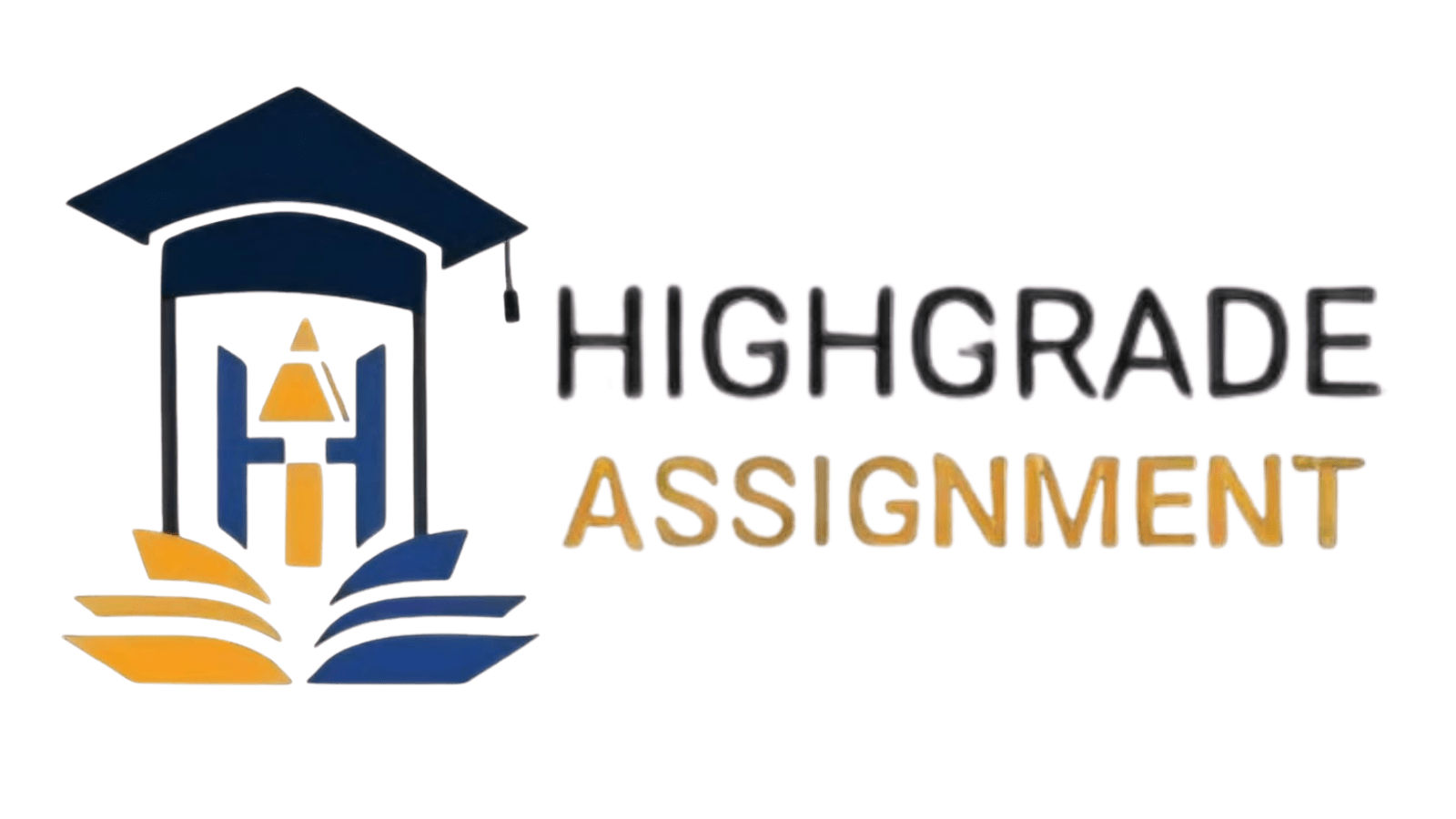Peer collaboration in assignment completion is a powerful learning tool that fosters teamwork, enhances critical skills, and improves the overall quality of work. Working together allows students to exchange diverse perspectives, brainstorm innovative ideas, and develop a deeper understanding of the subject matter. This collaborative approach not only strengthens academic performance but also equips students with essential life skills such as communication, time management, and leadership.

The Importance of Peer Collaboration in Learning
- Enhances Subject Understanding
Peer collaboration enables students to sync their understanding with one another, leading to better comprehension of complex topics. Learning from peers allows for diverse explanations, making it easier to grasp difficult concepts and retain information effectively.
- Encourages Critical Thinking and Problem-Solving
Collaborative learning fosters critical thinking as students engage in discussions, debates, and problem-solving exercises. Through constructive questioning and intellectual challenges, students develop the ability to analyze and evaluate concepts from multiple angles.
- Develops Effective Communication Skills
Working with peers enhances both verbal and written communication skills. Discussions, presentations, and feedback sessions improve students’ ability to articulate their thoughts clearly, boosting confidence in public speaking and academic writing.
- Promotes Healthy Competition and Motivation
A collaborative environment encourages a healthy sense of competition among students. This competition acts as a motivational factor, pushing students to take ownership of their work and strive for excellence while maintaining teamwork and camaraderie.
- Improves Time Management Skills
Dividing tasks among peers ensures efficient workload management. Peer collaboration teaches students how to prioritize tasks, meet deadlines, and avoid procrastination, ultimately improving their productivity and time management skills.
- Fosters Teamwork and Leadership Abilities
Working in a group setting allows students to develop leadership qualities and teamwork skills. Those who actively engage in peer collaboration often emerge as effective team leaders, capable of guiding and managing groups successfully in professional settings.
- Builds Trust and Interdependence
Collaboration instills a sense of trust and reliability among peers. Students learn to depend on each other’s strengths, leading to a cohesive learning environment that enhances academic and social growth.

Benefits of Collaborative Learning in Academia and Beyond
- Encourages Knowledge Sharing: Students share insights and expertise, leading to a well-rounded learning experience.
- Enhances Creativity and Innovation: Group discussions stimulate creative ideas and diverse problem-solving techniques.
- Reduces Academic Stress: A supportive learning environment minimizes stress and fosters confidence.
- Prepares for the Professional World: Collaboration mirrors real-world work scenarios, preparing students for future careers.
- Develops Managerial and Leadership Skills: Students learn time management, delegation, and conflict resolution, essential for career success.
FAQs
Why is peer collaboration important in assignment completion?
Can peer collaboration help in career development?
What are the challenges of peer collaboration?
How can students make the most of peer collaboration?
Conclusion
Peer collaboration in assignment completion offers numerous academic and professional advantages. By fostering teamwork, critical thinking, and effective communication, collaborative learning equips students with the skills needed to excel in both their studies and future careers. Encouraging students to actively engage in peer learning ensures a holistic and enriching educational experience.
